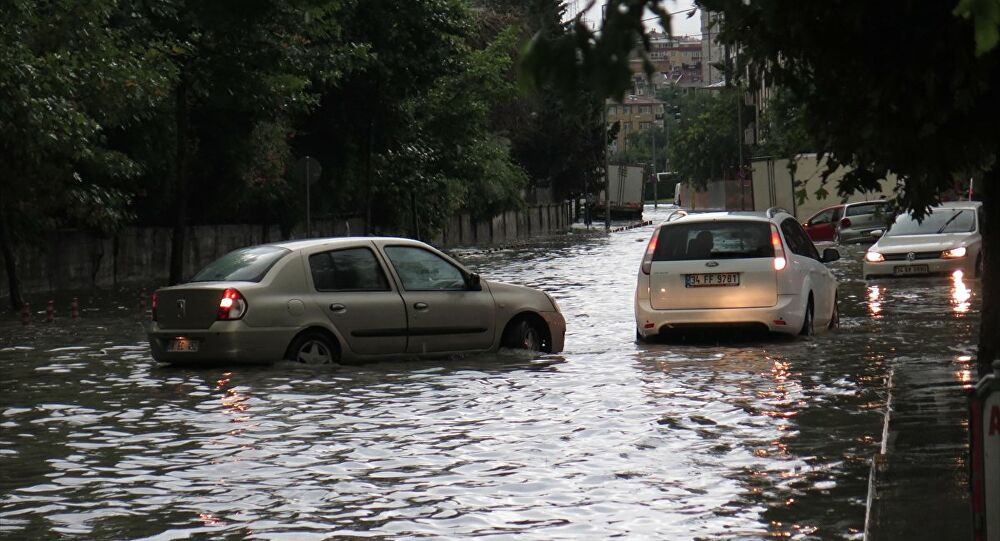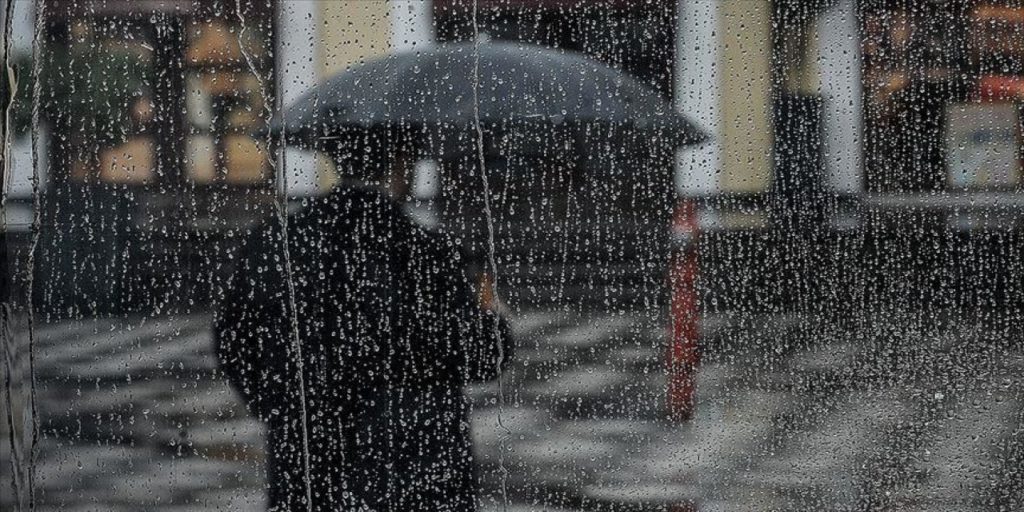Blog
Septic & Onsite Wastewater Systems

A well-maintained and constructed septic system will better withstand the stresses of heavy rains or flooding. Regular inspection is necessary to ensure proper functioning.
During heavy rains and floods, the ground can become saturated, preventing proper operation of the system. For example, a septic tank can collapse or float out of position. Signs that a septic system is not working properly include the following:
- Sinks drain slowly
- Toilets drain slowly
- Floor drains overflow
- Sewage becomes visible outside the home
Before an Emergency
To prepare your septic system before an emergency such as a flood, hurricane, or earthquake:
- Seal the manhole and/or inspection ports to keep excess water out of the septic tank
- Be sure your septic tank is at least half full to prevent it from collapsing or floating
- If your septic system requires electricity,
- Turn off the pump at the circuit box before the area floods
- Waterproof all electrical connections to avoid electrical shock or damage to wiring, pumps, and the electrical system
During an Emergency
During an emergency such as a flood, hurricane, or earthquake, reduce the amount of water used by limiting toilet flushing, dishwashing, washing clothes, and showering.

After an Emergency
CAUTION: Do not drink well water until you know it is safe. Use a safe water supply like bottled or treated water (learn how to make water safe).
Be aware that flood water may contain sewage.
Precautions related to septic systems include:
- Avoid contact with any septic system electrical devices until they are dry and clean.
- Do not pump out the septic tank more than halfway or the tank may float out of the ground.
- Reduce all nonessential water use (for example, dishwashing, washing clothes, showering).
- Flush toilets as little as possible or use a temporary toilet.
If you suspect septic system damage, get the system professionally inspected and serviced. Contact your health department for a list of septic system contractors who work in your area.
